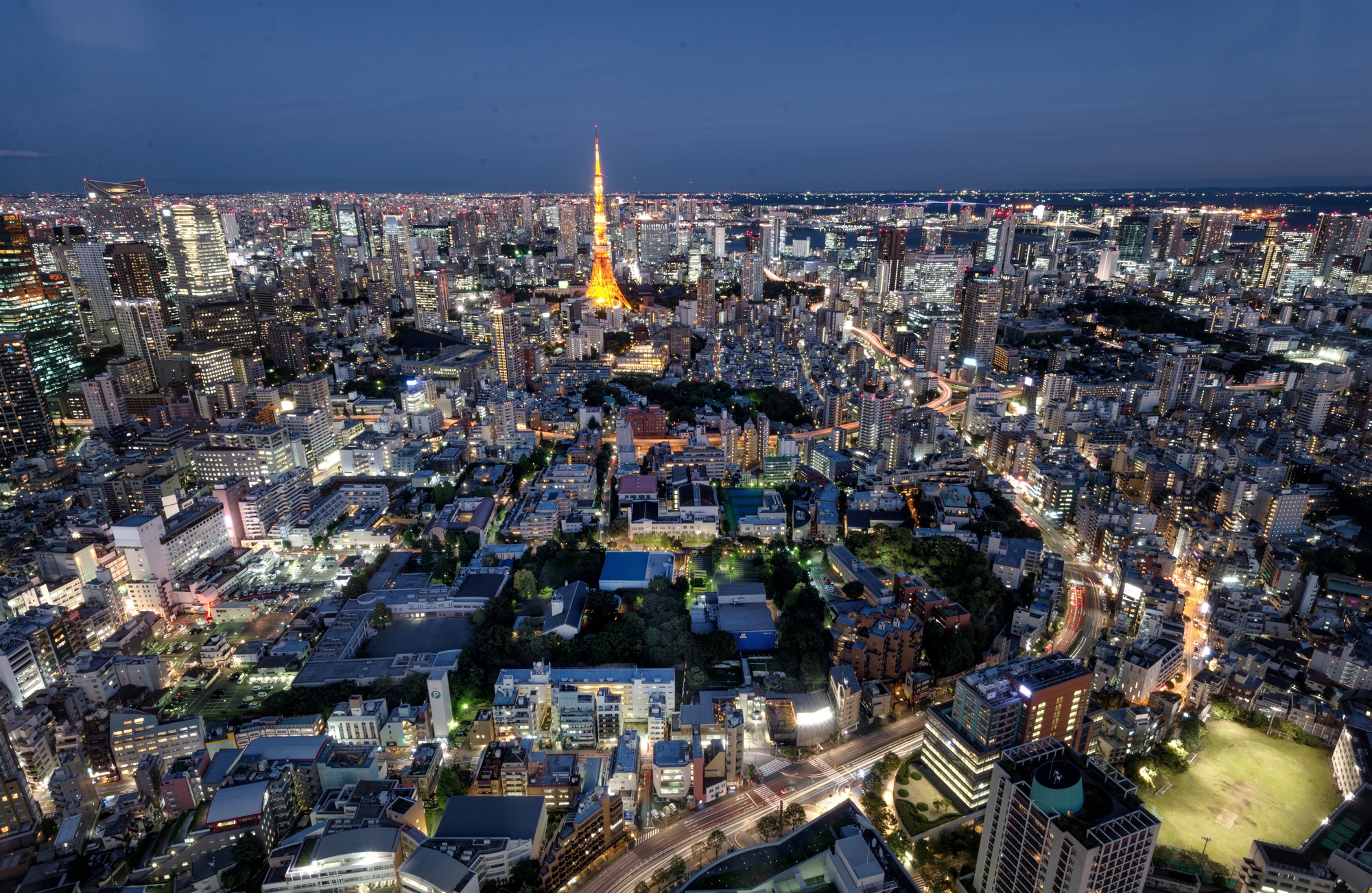Japan’s 200 Million Yen Contest Aims to Find Ways to Use Quantum Computers to Tackle Societal Challenges

Insider Brief
- Japan’s NEDO has launched a quantum computing contest to solve societal challenges, offering 200 million yen ($1.3 million) in prizes.
- Open to individuals and teams from all fields, the competition includes free quantum computing training to attract untapped talent.Participants will tackle issues like natural disasters and aging populations, with the final judging scheduled for August 2026.
- Japan is launching a nationwide quantum computing competition to address pressing social issues, offering significant prize money to attract diverse talent.
The New Energy and Industrial Technology Development Organization (NEDO) recently announced the quantum computing initiative, pledging 200 million yen ($1.3 million) in awards to winning ideas. Participants will compete to apply quantum computing to challenges like natural disasters and an aging population, according to The Asahi Shimbun.
The contest, which begins in March 2025, is open to individuals and teams, including those without prior quantum experience. Organizers hope to uncover innovative thinkers from a range of fields, offering free training to participants unfamiliar with the technology.
“We hope that innovative approaches will come from experts in other fields and undiscovered talents who think outside the box,” a NEDO official said, as reported by The Asahi Shimbun.
Bridging Fields to Solve Big Problems
Quantum computing, unlike traditional computers, leverages the principles of quantum mechanics to perform calculations at extraordinary speeds. This makes it particularly suited to solving complex problems such as optimizing disaster response or managing healthcare systems for aging populations.
To ensure the contest attracts ideas relevant to societal needs, NEDO is inviting public input on the specific issues participants will address. These challenges will be finalized through an open call that closes on Dec. 13. Solutions will be judged on their potential impact, creativity and feasibility.
The top entry for each challenge will earn a minimum of 20 million yen, with the possibility of greater rewards depending on the project’s scope. The final judging will take place in August 2026.
Aiming to Broaden Quantum Talent
The initiative also seeks to address a growing concern in quantum computing: a shortage of talent. NEDO is encouraging participation from corporate researchers, International Mathematical Olympiad winners, and others with strong analytical skills, even if they lack quantum expertise.
To support these entrants, NEDO will offer free quantum computing courses, ensuring participants understand the basics of the technology. This approach underscores the agency’s belief that breakthroughs can come from unconventional sources.
The Asahi Shimbun reported that NEDO is emphasizing interdisciplinary collaboration, noting that experts in fields like mathematics, engineering and even the humanities may bring fresh perspectives to quantum problem-solving.
A Long-Term Vision for Quantum
The competition aligns with Japan’s broader push to advance its quantum computing capabilities. By involving a wide array of participants, the contest could help stimulate innovation and promote public understanding of this transformative technology.
NEDO’s strategy reflects a growing global trend of integrating quantum computing into solving real-world problems. While quantum computing remains in its early stages, initiatives like this aim to accelerate its practical applications by leveraging untapped talent.
For those interested, more information is available on NEDO’s official website. Applications for participation close on Dec. 13, marking the first step in what organizers hope will be a groundbreaking collaboration.
The competition represents a rare opportunity for newcomers and experts alike to engage with one of the most promising technologies of the 21st century, potentially shaping solutions to Japan’s most pressing societal issues, according to The Asahi Shimbun.
